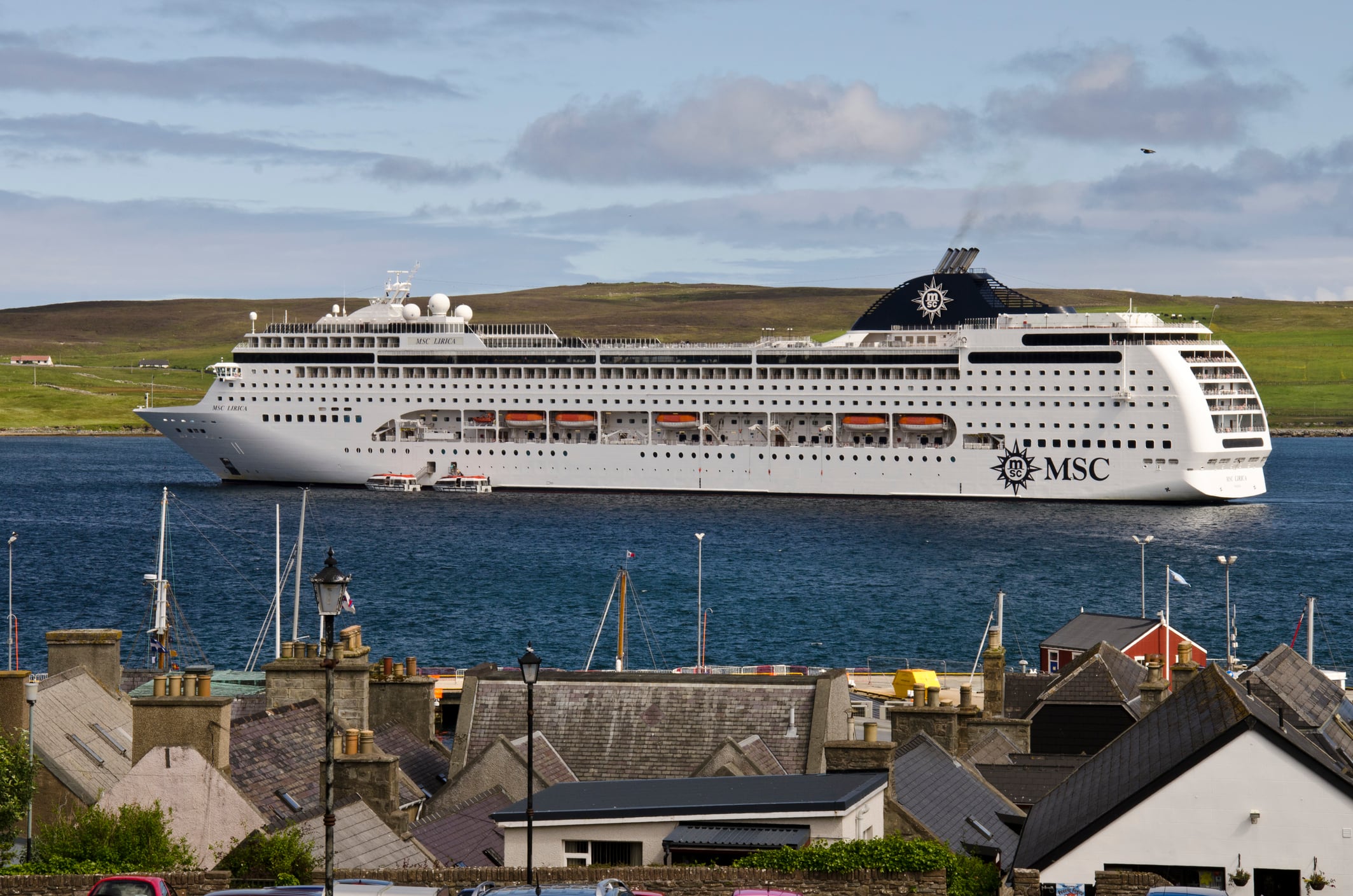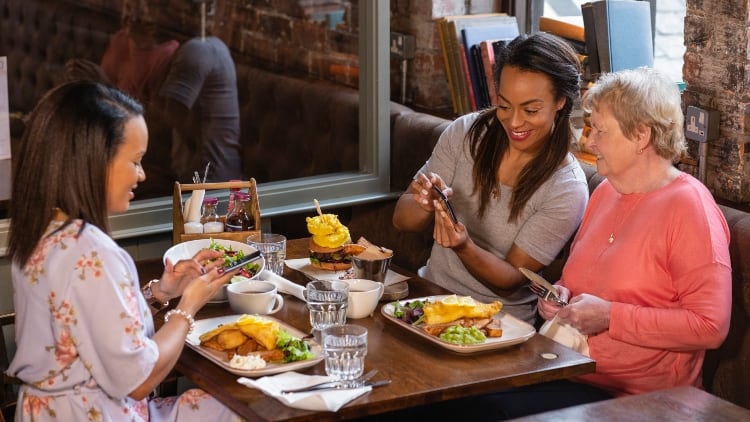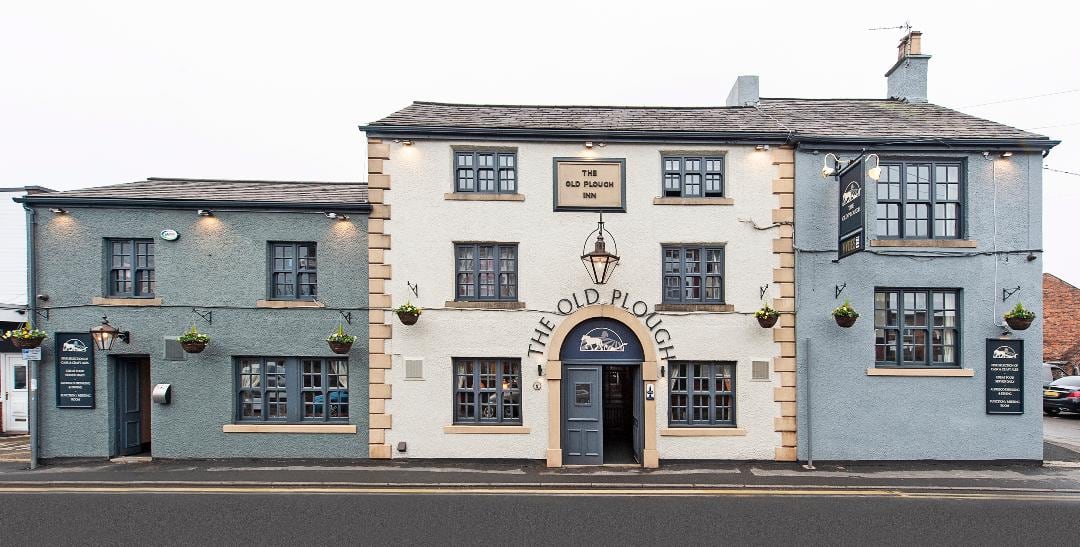In February, the Scottish Government announced it was considering whether local authorities could be given the power to introduce a tax on cruise ships.
It launched a consultation seeking views on the practicalities of such a levy, as well as the potential market implications and effect on local economies and communities.
The Government’s own analysis showed there were around 1,000 cruise ship visits to Scottish ports in 2024, bringing 1.2m passengers – an increase of almost 400,000 per year compared with 2019.
According to trade body UKHS cruise tourism comprised 0.5% of total tourism visits to Scotland but generated £130m for local economies in 2023.
Economic implications
In its response to the consultation, UKHs urged the Scottish Government to consider the economic implications of introducing the charge, particularly as accommodation businesses across the country grapple with Visitor Levy legislation, with councils setting out their plans to introduce a charge on tourism.
UKHS executive director Leon Thompson said: “The cruise industry is a major contributor to the Scottish economy and a key part of regional growth, supporting businesses across the country, as well as thousands of jobs.
“The majority of these jobs are in hospitality and tourism, in businesses that benefit from these visits.”
Revenue generation
He added: “Many hospitality businesses have adapted their offer to tap into this lucrative market. For many this is an essential part of revenue generation, extending the season and bringing visitors that would otherwise not have materialised.
“This all helps hospitality play its part in regenerating communities around our coast and on our islands.”
He also said that at a time of increased competition for cruise tourism, Scotland must not be priced out of the market and lose the clear advantage: “Applying a charge to visitors to islands needs careful consideration.
“It is already more expensive to visit our islands, so why seek to increase those costs and deprive island communities of economic opportunity?”



